A reporter at Tehran Times newspaper recently interviewed Robert C Smith, Professor of International Relations at San Francisco State University.
Following is the complete text of the interview with Professor Robert C Smith:
Nowadays we are witnessing great gaps and differences among G7 member states while SCO member states are moving forward more convergence. Some believe that the orders and the regimes created after World War II are declining and because of this reason the US is not going to pay the costs of regimes like NATO, WTO and different free trade treaties like NAFTA… What do you think of this? Why the US is not ready to pay the costs of the regimes and orders as before?
I do not think it is the US not willing to pay the cost but rather Trump who wishes to not to continue US support for these post World War II international organizations and arrangements. In the foreign policy establishment there is still considerable bipartisan support for the Old order but Trump represents a radical challenge to it that may have enduring consequences.
While the US president Donald Trump attended the NATO and G7 summits with an aggressive approach toward Washington’s allies, he is trying to improve relation with North Korea and Russia with a reconciling approach. Why?
Trump is a neophyte on the world stage, who is used to blustering and bullying, so this is part of his personality in relationship to politics. Yet it is difficult to understand his chilly relationship with say Canada’s Prime Minister Trudeau or Germany’s Merkel compared to his rather effusive tone toward the leaders of Russia and North Korea. Perhaps he is trying to structure a new world order but it could be that he does not know what he is doing or saying.
International community is experiencing a new area in which while the US is retreating from the old orders and regimes, China is trying to impose its own orders and regimes by reviewing ancient Silk Road project. To what extent the developments in the Middle East especially in Syria are affected by international systems structure which is changing?
In short term, I think these developments are not likely to have much effects on events in Syria. In the long run, however, China is positioning itself to create a new world order to displace US dominance. It is helped in this regard by Trump’s unconventional trade policies and his rhetorically undermining of the Western alliance. The impact could of both these developments could be far-reaching.
Some theoretician including John Mearsheimer believe that one of the most important elements of president Trump’s foreign policy is to move toward offshore balancing and reduction of troops and increasing of animosity with Iran. Do you agree with this? Will the US decrease the number of its troops in Middle East? If we accept that the mentioned elements be the base for Trump’s foreign policy, how will Washington confront with Iran’s regional influence?
While Trump might like to reduce US troops and presence in the Middle East, I think domestic pressures will prevent him from doing so. Most elements of the Trump’s foreign policy base would like a confrontation with Iran in order to diminish its regional influence but the unpredictable nature of a military conflict should produce caution rather than conflict. But, who knows, today Trump indicated he is willing to meet unconditionally with Iran’s president which probably surprised his more hawkish advisors.
Reacting to President Trump’s remarks calling EU as the US foe, Donald Tusk, president of the European Council asked Trump and Putin not to disturb world order. Do you think that Trump and Putin are going to create a new world order? If your answer is yes, how will the new polarization be in the new order?
No, I do not think Trump and Putin will create any kind of new world order. The anti-Russian forces in Congress and the foreign policy establishment are too powerful.
Interview by Fatemeh Mohammadipour
MNA/TT

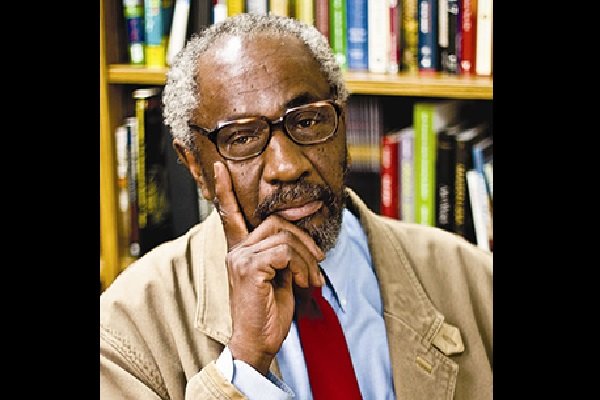

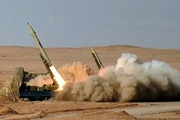
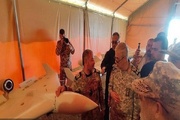
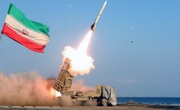

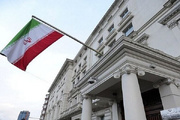
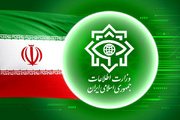
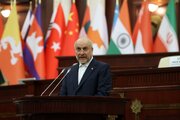
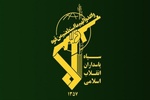
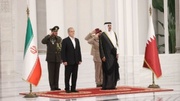
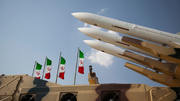
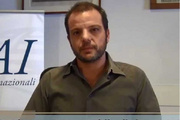
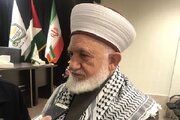
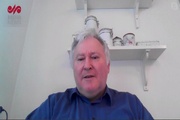
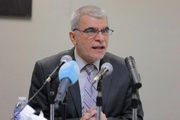
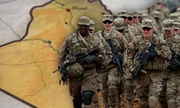
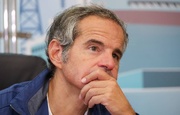
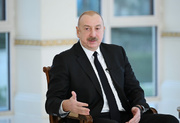

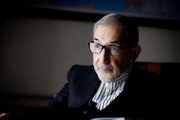
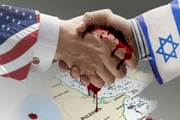
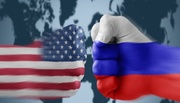
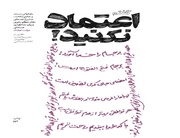
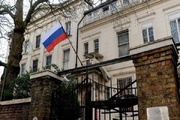
Your Comment